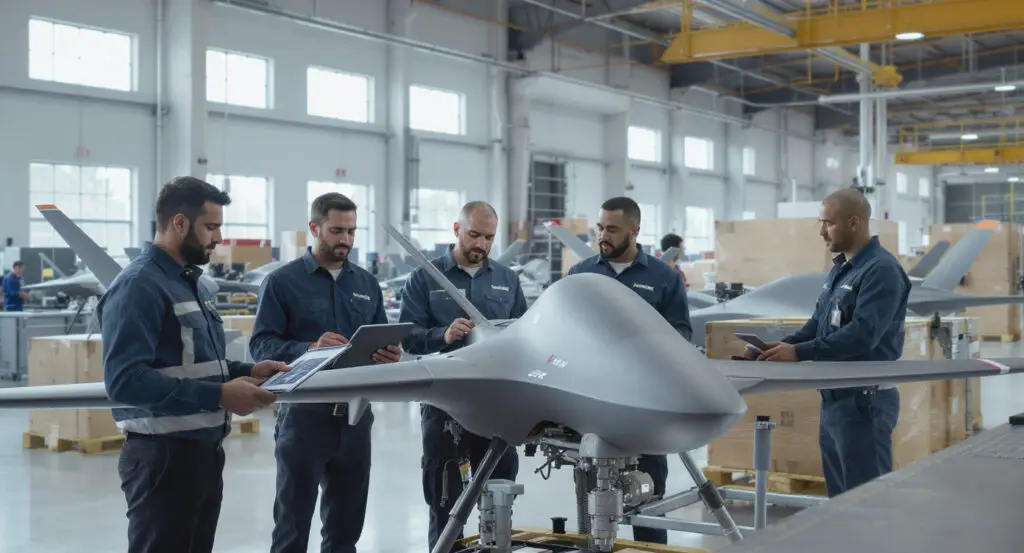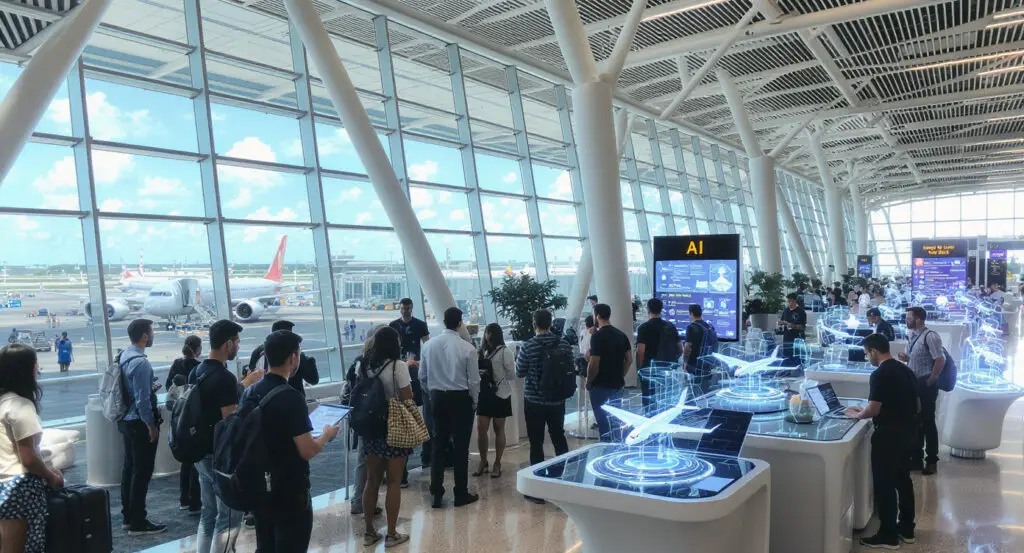Addressing Skepticism Head-On
CT Group chairman Tran Kim Chung has openly addressed the skepticism surrounding his company’s plan to export 5,000 unmanned aerial vehicles (UAVs) to South Korea. He views the doubts not as a setback, but as a natural reaction to innovation and a motivation for progress. The company recently signed a contract to export heavy-duty UAVs, which can carry payloads of 60-300 kilograms, a significant step for a Vietnamese company in the high-tech sector.
Chung believes that once the first orders are delivered, the doubts will subside. He highlights the importance of constructive criticism in the scientific world, noting that it fuels exploration and improvement. The chairman also points to the support his company has received from partners and the community as a source of strength, underscoring the collaborative nature of their decade-long research and development journey.
A Strategic Shift to High-Tech Industries
Founded in 1992, CT Group started in traditional sectors like trading, manufacturing, and real estate. However, in 2022, the company announced a new 30-year strategy with a strong focus on technology. This shift includes nine core sectors: semiconductors, AI, UAVs, cell and gene, ESG, digital transformation, crypto, green building materials, and quantum computing.
Chung explains that while this new direction may seem sudden to the public, the company had been quietly preparing for years. He notes the difference between consumer goods and research-intensive products, where much of the work happens behind the scenes. This strategic move reflects the chairman’s belief that countries that embrace the fourth industrial revolution will rise, while those that fall behind will be left behind.
A Decade of Research and Development
CT Group’s journey in UAV research has been a challenging one, marked by two significant failures since 2016. The first failure stemmed from a partnership where the company’s research focus clashed with its partner’s distribution goals. The second was an attempt to enter the demanding Middle East market where their research pace could not keep up.
However, these failures provided crucial lessons. The company’s subsidiary, CT UAV, now has a rapid research and development pace that keeps up with market trends. The company currently has five UAV factories and plans to build a new space center in Ho Chi Minh City to support a team of 10,000 engineers. This investment highlights their commitment to becoming a leader in the space economy.
A Collaborative Partnership with South Korea
The export contract with Airbility of South Korea is a testament to this progress. Airbility is a company with strong technical expertise and financial backing that focuses on design and innovation. They chose to partner with CT UAV for its strong production capabilities and fast R&D. This collaborative model, where one company provides design and the other provides the production capacity to turn ideas into products, is seen as a viable and long-term partnership.
The process is already underway, with a prototype expected to be finalized by October. Production and delivery are scheduled to take six to nine months, with the export of all 5,000 UAVs to be completed by 2026.
The Importance of In-House Technology
A key factor in CT Group’s success is its high level of indigenization. The company boasts an 85% indigenization rate, meaning they own and control most of the core technologies, including electronic circuit design, composite technology, flight control systems, and more. This in-house capability is a major competitive advantage, especially with foreign customers who require products to be free of Chinese components.
The company also has chip design capabilities and an AI subsidiary, which helps create an ecosystem where different technologies complement one another, further strengthening their position in the market.
Navigating the Future of the UAV Market
Chung is optimistic about the future of the UAV market, both in Vietnam and globally. While the Vietnamese market is still in its early stages due to a lack of competitive products and regulatory obstacles, the global market is expanding rapidly. The ongoing trade war is creating opportunities for companies that can produce high-quality products without relying on components from specific regions.
CT Group is already in negotiations for ten additional orders in several countries, all of which are in markets with long-term growth potential. The company has a policy of not selling to countries at war or those with political risks, showing a commitment to ethical business practices.























